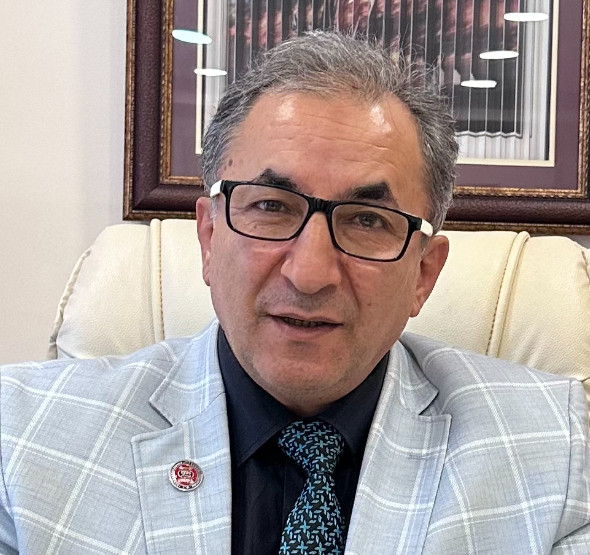In democracy, elections are the greatest power of the people, the greatest opportunity for participation and joint ownership. And perhaps Türkiye is one of the most advanced countries in the world when it comes to protecting this power, this opportunity, this right of its citizens. I don't know if there's another country with a voter turnout rate that exceeds 90 percent. Even in countries considered advanced democracies, turnout is often below 50 percent. In some Middle Eastern societies where elections are a mere formality, the rate can be much lower.
In the former, the low level of voter turnout suggests that people don't believe that the election results will change much, and since the system is already established, politics won't have much impact on their lives. This laissez-faire attitude towards governance diminishes people's involvement. Those who point to this phenomenon view it not as a negative reflection of advanced democracies, but as a measure of their democratic maturity. But is that really the case? Actually, we can't be sure.
However, in the latter case, where voter turnout is very low in Middle Eastern regimes, we know that what keeps people from participating in elections is the desperate hopelessness that they won't change anything. Regardless of whom they vote for, the lack of transparency in the vote counting renders the act of voting meaningless. After all, the existing ruling regime has already prepared the desired result long before the election, and it only waits for the election date to announce it. That's why we can see examples of voter turnout rates of even less than 10 percent in these types of countries.
In Türkiye, free and fair elections have been well-established since at least 1950. The results of these elections are not subject to manipulation by anyone. Even during times of military coups, when ballot boxes produced results that the coup leaders did not want, they were forced to accept these legitimate results as data. While sometimes the resulting politics were thwarted through other means, the fact remains that elections in Türkiye empower even the most ordinary citizen. They make the state's partner, owner, and actor. Even the seemingly unyielding metaphysical stability of politics can be stretched in the negotiating atmosphere that election campaigns create.
However, the opportunities that elections provide to citizens have always been an alluring prospect for those who cannot come to power in Türkiye through any other means than coups. Elections require dialogue and mutual understanding with the people. A Jacobin understanding that insists on pursuing politics against the will of the people, even if it is supposedly for their own benefit, is not the only problem. When you realize that you cannot get the votes you need from the people for the world you have designed in your mind, the concessions you have to make can drag you into the trap of populism.
When "whoever gives the most" auction politics begins, balancing the scales of politics becomes even more difficult. Looking at the promises of Kemal Kılıçdaroğlu and Meral Akşener, it can be seen that they have no limits in this regard. After all, they are not in power, and their hands are not tied. They promise to give whatever anyone wants by saying "I give you my word." They do not see any harm in making unlimited empty promises. If people do not believe and do not vote for them, then they will not be held accountable for not fulfilling their empty promises. Even if people believe in these outrageous promises and vote for them, they are not obligated to keep their word. Who will come and hold them accountable after the election? The horse has already bolted.
In contemporary politics, populism can be seen as both a disadvantage and a handicap to democratic governance. Populist politicians often use unrealistic and utopian promises to gain support from the masses, selling them on ideas that are too idealistic to be feasible. They then use these promises to criticize the current state of affairs and present themselves as saviors who possess a unique ability to achieve the impossible. This creates a powerful and seductive illusion that can sway even the most discerning of voters.
Unfortunately, the irresponsible and unethical pressure applied by populist promises and "I give you my word" politics often lead to disastrous consequences once in power. The promises made during election campaigns are often vague and ill-defined, leading to a lack of accountability once the politician assumes office.
Despite the absurdity of some of the populist rhetoric employed by Türkiye's opposition leader, Kemal Kılıçdaroğlu, his promises still pale in comparison to the achievements of the ruling AK Party, which has been in power for 21 years. Many of Kılıçdaroğlu's promises have already been accomplished by the current government. In contrast, President Recep Tayyip Erdoğan's daily announcements of new projects and completed initiatives are massive in scale and represent a vision for the future that is already being realized.
Despite this, there are those who attempt to obscure or downplay these achievements through social media and frivolous humor. This is a major challenge that must be overcome in order to build a better future for Türkiye.




